How much land does a man need (Story): the best story ever written.
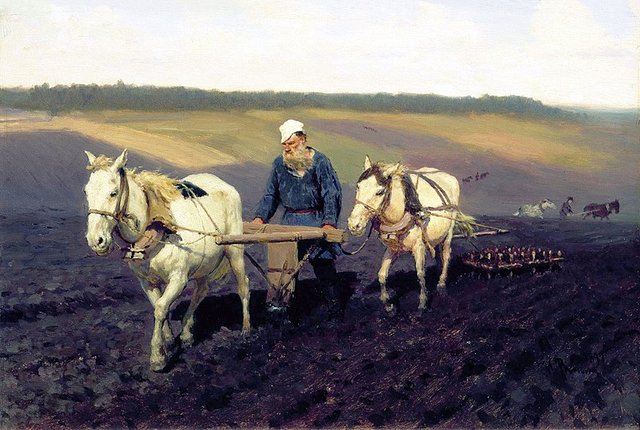
Leo Tolstoy, famous Russian writer, author of two major works of world literature such as Ana Karenina and War and Peace, was also a master of the short story. Many criticize the fact that, in his last years, he begun to write moralistic and religious stories and novels, closer to the parables of the Bible than to his acclaimed novels. It's true that he was incurring more and more in including those aspects within his literary creations, but that doesn't detract from his merits as a writer. He believed in something and used the medium in which he performed best, writing, to make his beliefs known.
According to the prestigious writer James Joyce, "How much land does a man need" by Tolstoy "is the greatest story that the literature of the world knows", and the fame of the story has earned him multiple editions and adaptations to graphic novels in different editorials across the world. If you want to read the story first, here is a link:
The story has a simple plot. It begins with a city woman who decides to visit her sister, who lives in the countryside. The contrast between the life of the city and rural life appears. Both sisters criticize the life that the other leads. In the field there are no theaters, floats, etc; but peasant life is longer and more modest. The peasant sister says:
“We shall never grow rich, but we shall always have enough to eat.”
And also throws a key phrase for the development of the plot, when she says that in the city: "...the Evil One may tempt your husband with cards, wine, or women, and all will go to ruin". She, the peasant, feels safe from the temptations of the Devil because she lives modestly in the countryside, far from modernity. How wrong she is! Temptation will reach them there. Pahóm, the protagonist of the story and husband of the peasant, who agrees with his wife, adds a reflection of disagreement:
“Our only trouble is that we haven’t land enough”
Here is the seed of ambition. Despite recognizing that they lead a quiet life, Pahóm laments having little land. He wants to have more. And the Devil, who had been listening to the conversation, will deliver it. Tolstoy states that the weakness, the inclination to sin, is already present in man, but it's the Devil who corrupts him, who pushes him away from God. That is to say, the Devil tempts him, it's true, but there was already a prior condition to Pahóm's greed: his dissatisfaction.
Disguised in different avatars, the Devil appears to Pahóm to show him business in which he can get more and more land at a lower price each time, until he reaches the dream of any greedy man: he can have all the land he wants. They offer him to obtain all the land he can cover in a day.
The night before plotting his land, Pahóm has a dream that anticipates his end. It is a warning, a divine message? Does Pahóm have the gift of prophecy? Does Pahóm's subconscious try to prevent him from the danger that awaits him? It doesn't matter what the origin of that dream is, psychoanalytic or divine, because Pahóm disregards the warning. It represents man ignoring reason, separating himself from God and what is good. He has fallen into the temptation of the Evil One and has been condemned to perdition. There is no possibility of return.
While touring the lands, Pahóm says "This spot is so fine, that it would be a pity to lose it. The further one goes, the better the land seems.", he justifies his own avidity, making it look like something unfortunate to waste the opportunity. The right thing, for him, is to continue. The same as the player who plays one more hand, or the drunk who asks for another bottle. At the beginning of the story, he needed more land because he had little but now that he has a lot, it's not that he needs them, but that he desires them.
The end of the story, worthy of Edgar A. Poe, launches a cautionary moral: greed, sin, can kill. A death, not only physical, but also spiritual because towards the end of the day (of life) he realizes that he has lived in vain, he has lost himself.
The fluency of Tostóy's prose, combined with the treatment he gives to human passions, make this story a collectible jewel within the history of brief narrative; and also leaves a moral, a denunciation of how greed completely obscures reason and senses. In his desire to own more and more lands, Pahóm lost sight of the truth: that a man only needs the land of his grave.
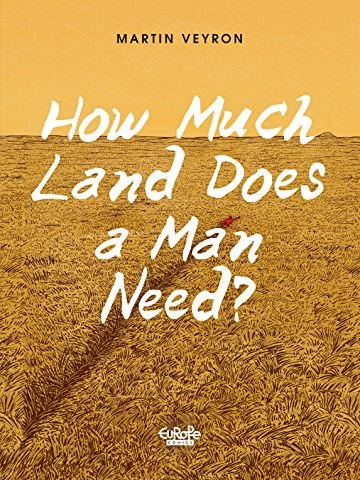
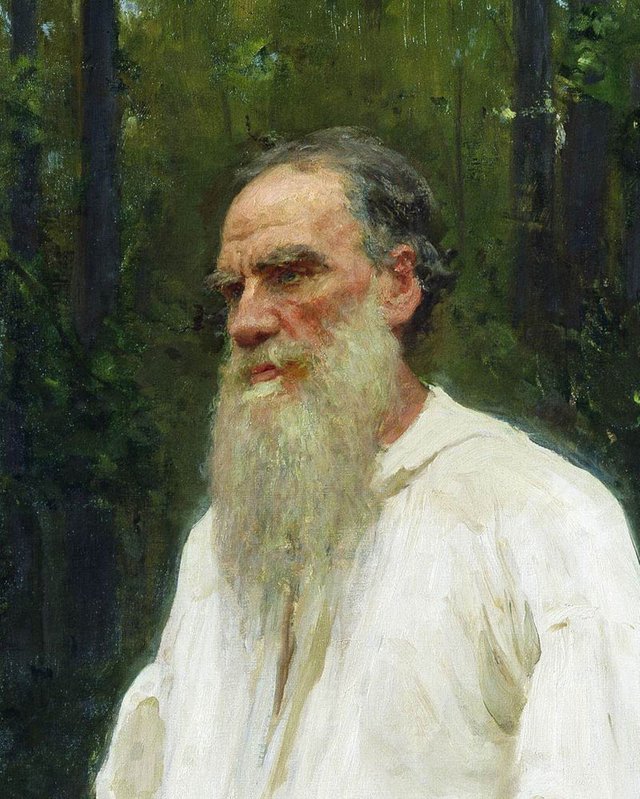
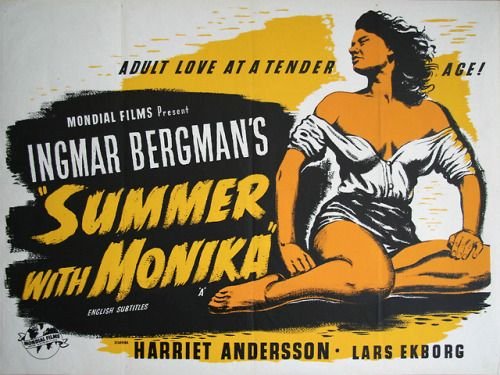
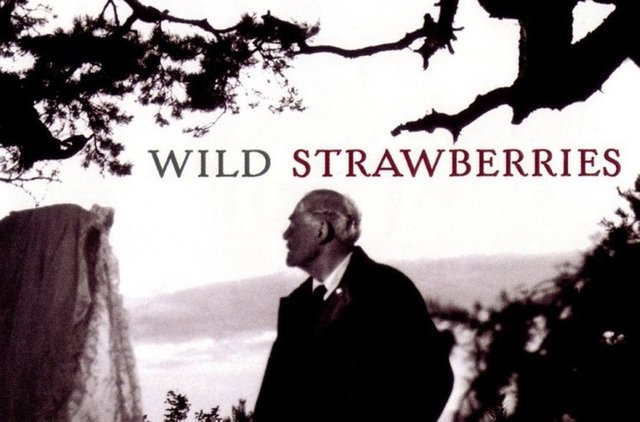
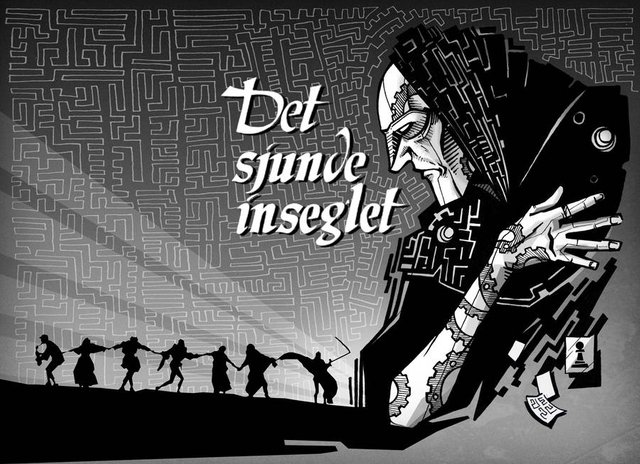
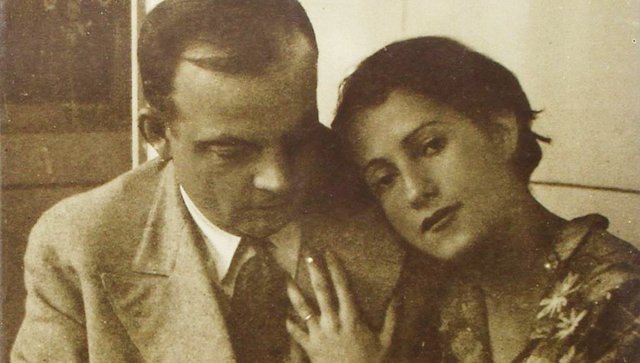
Congratulations! This post has been upvoted from the communal account, @minnowsupport, by cristiancaicedo from the Minnow Support Project. It's a witness project run by aggroed, ausbitbank, teamsteem, someguy123, neoxian, followbtcnews, and netuoso. The goal is to help Steemit grow by supporting Minnows. Please find us at the Peace, Abundance, and Liberty Network (PALnet) Discord Channel. It's a completely public and open space to all members of the Steemit community who voluntarily choose to be there.
If you would like to delegate to the Minnow Support Project you can do so by clicking on the following links: 50SP, 100SP, 250SP, 500SP, 1000SP, 5000SP.
Be sure to leave at least 50SP undelegated on your account.